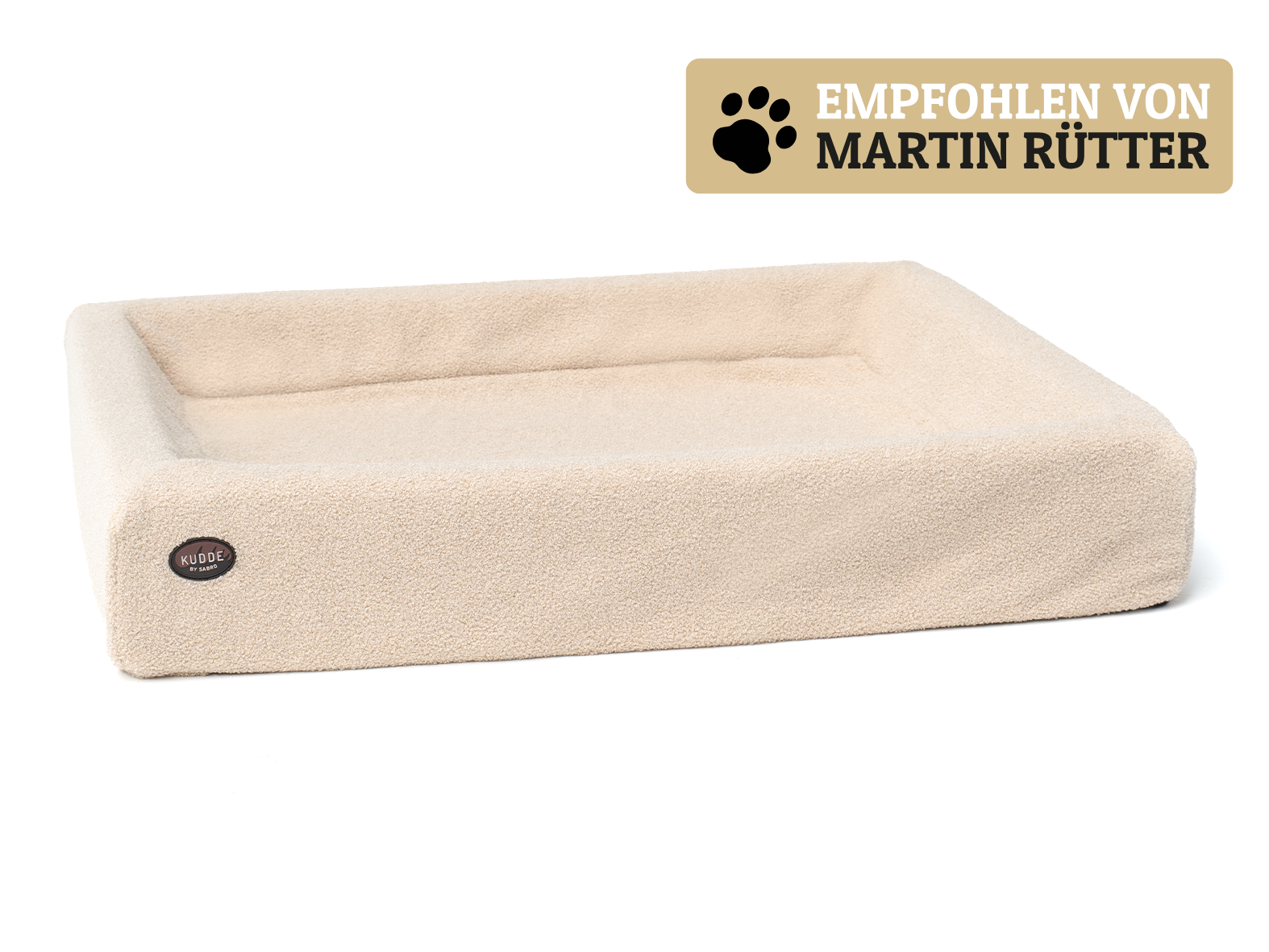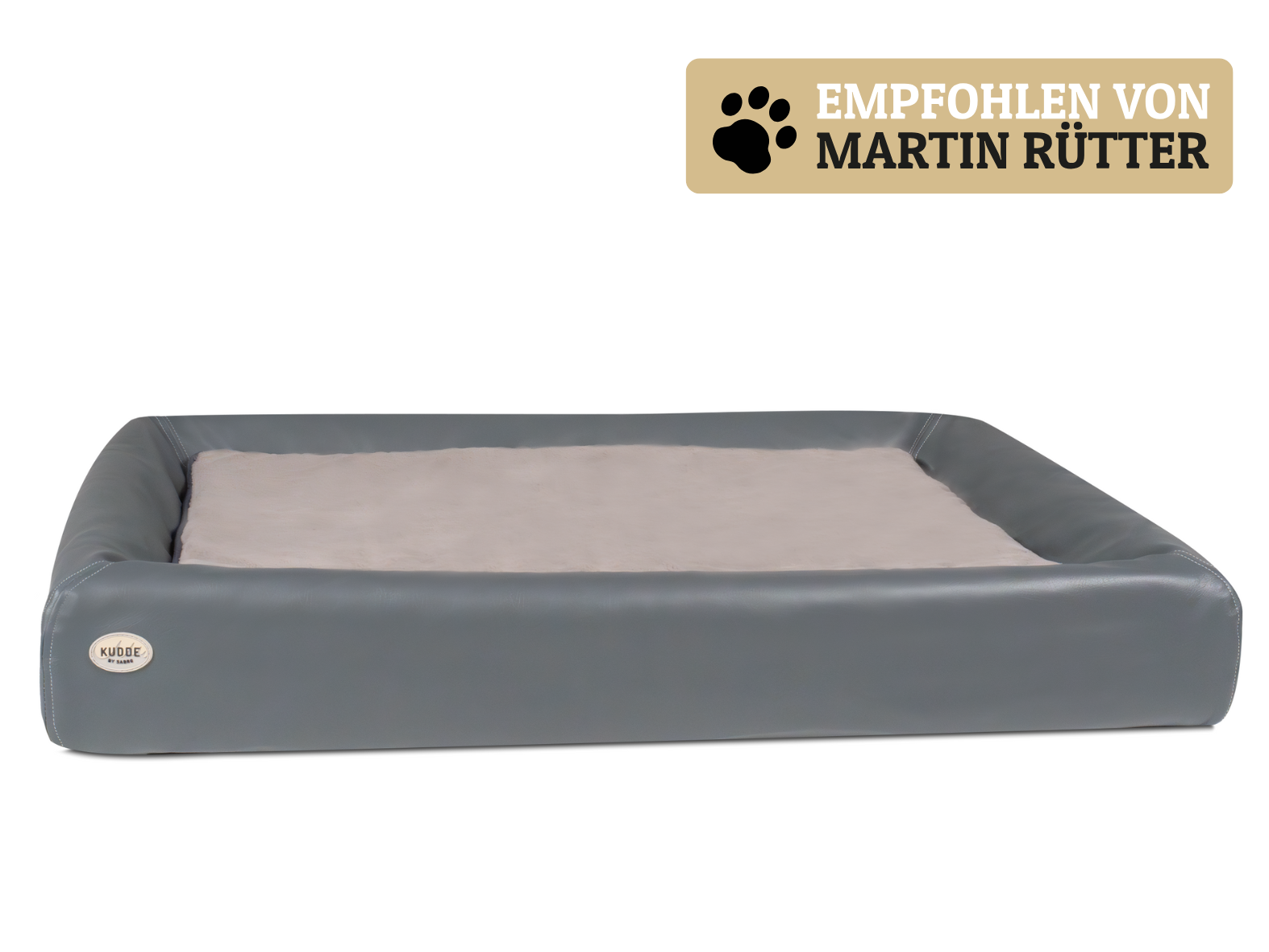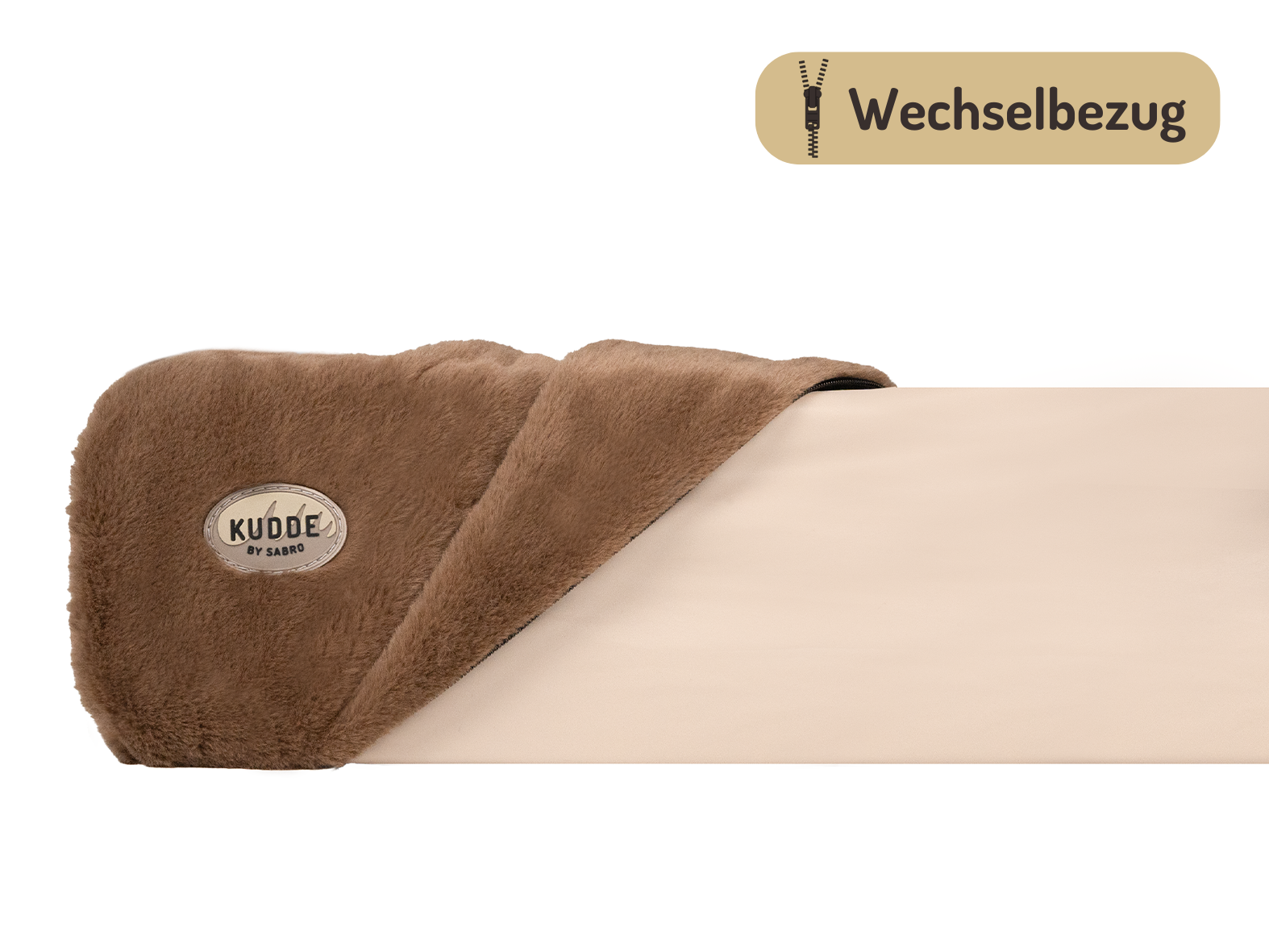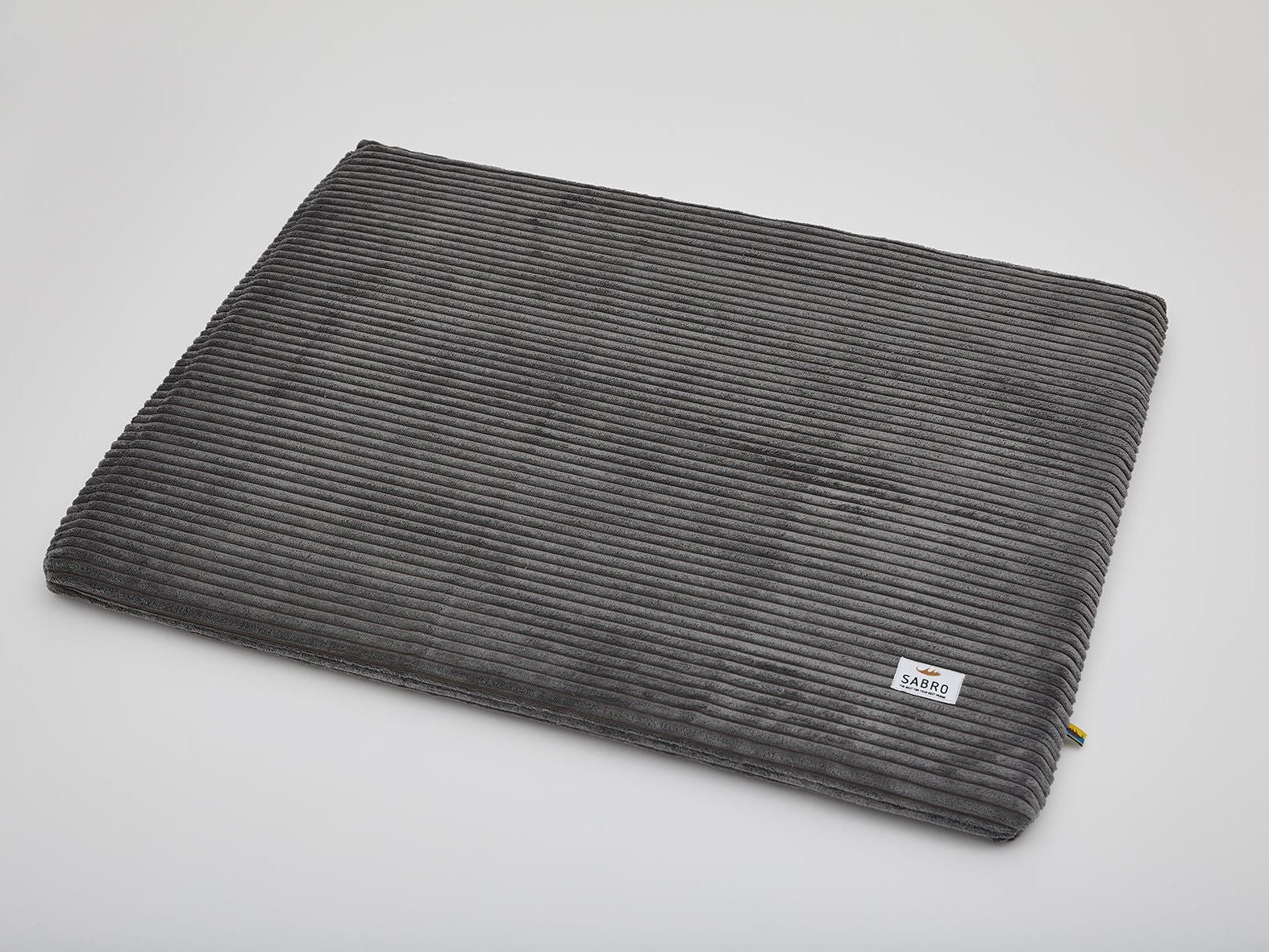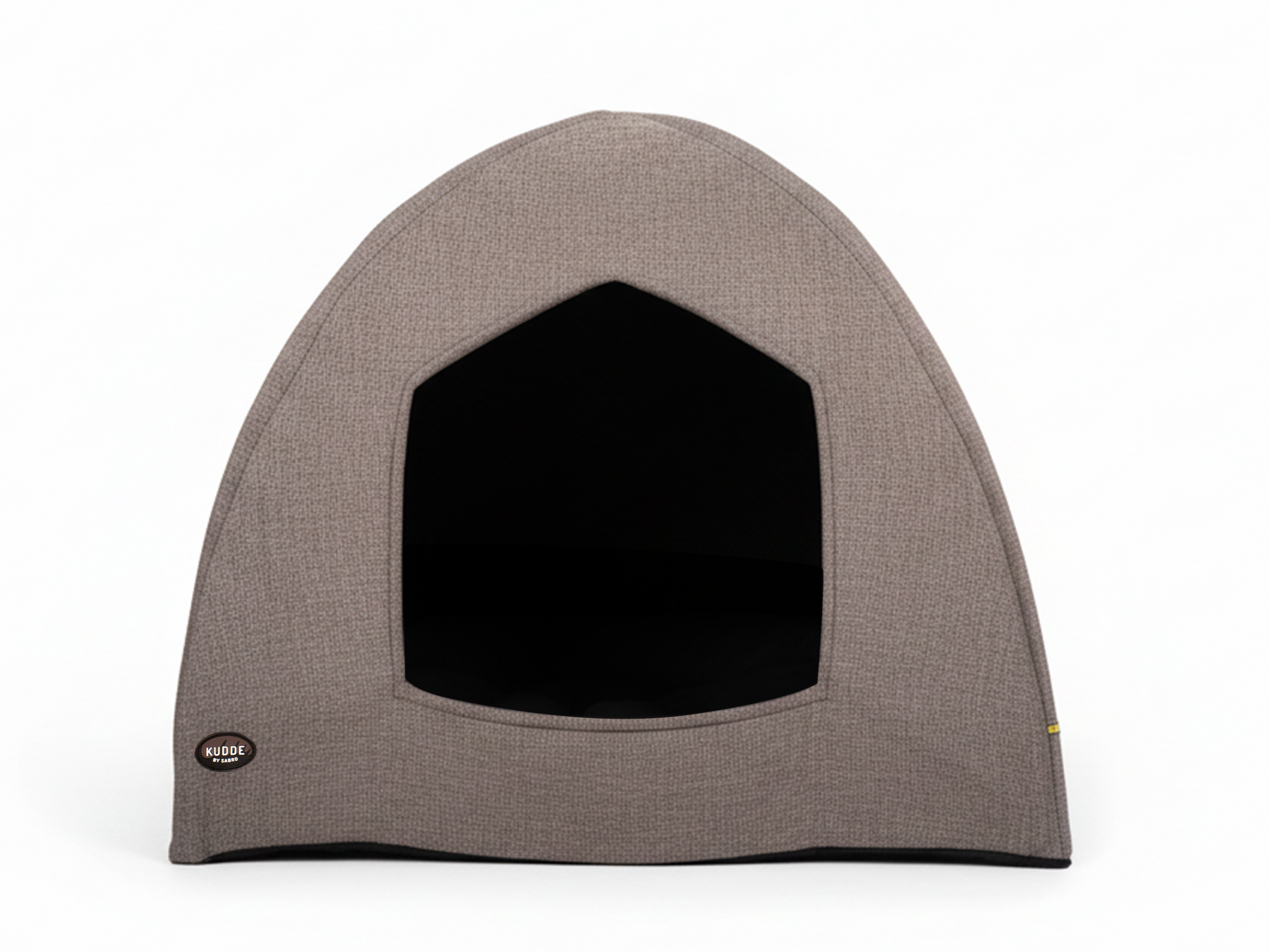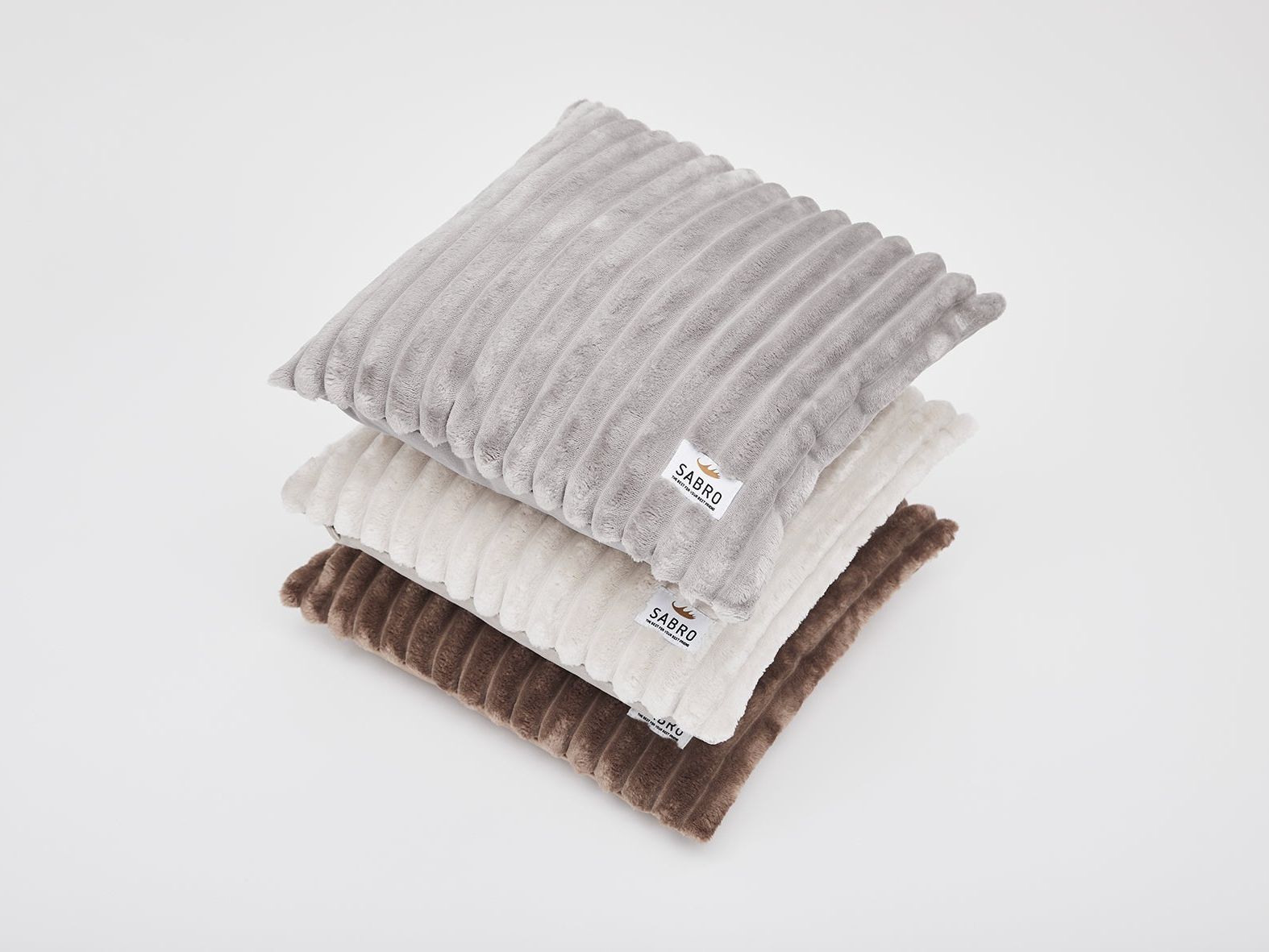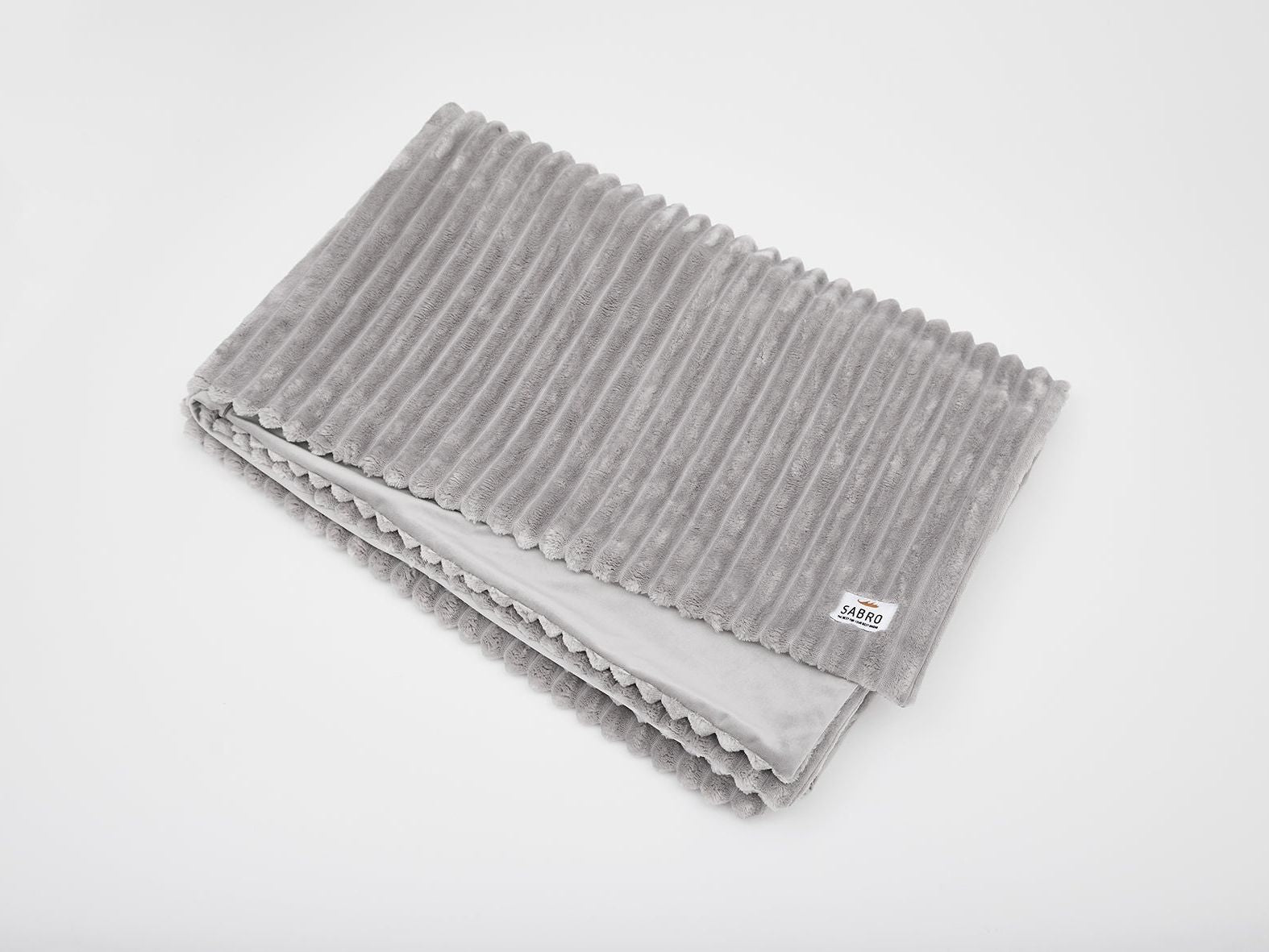Before you start worrying unnecessarily, let this be said first of all: it is completely normal for your dog to lick its paws. For dogs, licking their paws is part of their normal behavior, for example to keep themselves clean. However, licking also serves as an alternative to scratching for your dog, because unlike us two-legged friends, dogs cannot do this. So when their paws itch, they inevitably have to lick themselves - the saliva of the four-legged friends then relieves the itching.
However, if you notice that your dog's behavior is changing and paw licking is becoming more frequent, then it's worth taking a closer look. Excessive paw licking in dogs can be a sign of something more serious, such as inflammation, wounds, itching due to allergies, yeast or skin fungi, foreign bodies or even psychological problems.
We have answers to your questions! In this blog post, we give you various reasons that can be responsible for excessive licking of your dog's paws. We also give you helpful tips on how you can help your dog quickly and easily with simple home remedies.
As a general rule, however, you should always take your four-legged friend to the vet in case of uncertainty or emergencies. That way, both you and your dog are on the safe side.
Your dog's paw licking may have these psychological reasons
Excessive paw licking can have psychological reasons, as dogs try to calm down or relieve stress. Stress can be caused by external factors such as noise, people or other animals. However, tiredness, general discomfort, a move or if your furry friend is alone for too long can also sometimes be expressed through pathological paw licking - the action becomes a kind of coping mechanism for your dog to compensate for anxiety and stress.
As dog owners, we can do something good for our pets by creating a safe and comfortable retreat for them. Especially our orthopaedic dog beds are ideal for this: they offer optimum support for joints and spine and at the same time provide a feeling of security. This not only allows your dog to relax and sleep better, but also reduces stress. Closeness, security and a healthy lying feeling help to reduce anxiety - and excessive paw licking can gradually return to normal.
Just like us humans, dogs sometimes get bored - they lick their pads and claws incessantly out of boredom. If this is the case, a stimulating activity, a nice chew toy or a long walk can be the perfect compensation. Our cuddly toys for dogs are also ideal for relieving boredom and giving your pet fun and variety.
If the paw licking does not stop despite good will and effort, your pet's pathological behavior probably has more physical reasons.
Physical causes of pathological paw licking
Itching
As we now know, dogs can't scratch themselves and have to lick themselves instead. Therefore, your four-legged friend's licking may simply be "just" itching. However, it is important to find out what triggers this itching: allergies, a parasite infestation of fleas or mites and insect bites, for example, can be responsible. But fungi and bacteria, such as yeast or skin fungi, can also cause itching on your dog's paws. It is best to check the paws (pads and claws) regularly - especially after a walk!
Pain caused by foreign bodies, injuries or inflammation
The reason why your dog is constantly licking his paws can be itching as well as pain due to injuries, inflammation or irritation on the paw. Foreign bodies such as thorns or shards of glass can quickly injure dogs' paws and become badly embedded - injuries of this kind become inflamed quite quickly and can even lead to painful abscesses in the skin. Such abscesses usually occur between the claws on the paw, where they initially cause itching and later pain - so your dog tries to alleviate the pain by constantly licking its paws. In summer, a burn from hot asphalt can also cause pain on the ball of the foot.
As you can see, many things can cause pain in the paws, so if in doubt, consult your vet to find out the exact cause of the paw licking.
You can treat your dog's paws with these practical home remedies
Paw licking is usually easy to treat yourself as long as there are no serious health issues. Simple household remedies are often enough to treat the causes. These include, for example, compresses and poultices with sage oil, apple cider vinegar or camomile tea, as these home remedies soothe itching, regardless of whether it is due to allergic reactions, yeast/skin fungi or mites.
You can carefully remove foreign bodies in pads or claws with tweezers and then rinse the wound on the dog's paw with cold, clear water. You should then thoroughly clean the wound in the skin with antiseptic oils and disinfectant solutions - this will reduce the number of germs on the wound and prevent additional inflammation on your dog's paw.
SABRO tip: How to prevent paw licking
Many dog owners prefer caution to indulgence: for this reason, even small changes or precautionary measures in everyday life can help to prevent excessive paw licking in the first place. In particular, chew toys and extensive walks can reduce both stress and boredom for your four-legged friend. When walking in winter, you should watch out for road salt on the roads, as this can later cause itching on the paws - and if your dog licks its paws after the outing before you have had a chance to clean them, the salt can lead to stomach problems.
Paw protection makes sense
To prevent your dog from coming into contact with harmful influences such as road salt, heat or sharp objects in the first place, special dog shoes are the ideal protection. In winter, they protect the sensitive pads from aggressive road salt, while in summer they prevent burns from heated asphalt. At the same time, dog shoes also protect against foreign objects such as broken glass or splinters that could cause injuries during a walk. Our tip: Treat the paws with a balm before putting on the shoes - this reduces friction and supports healthy skin. Dog shoes also provide valuable services at home, as they are non-slip and can also serve as bite and lick protection in the event of injuries or allergies.
In a nutshell: Why your dog licks his paw and how you can help him
If your dog is licking its paws, it's often a sign that something is wrong either mentally or physically - but don't worry, you don't have to assume the worst. Often boredom or stress can be a trigger, which can easily be remedied with closeness and attention.
However, if it is an itch caused by yeast/skin fungi, mites and allergies or an inflammation caused by foreign bodies, simple household remedies such as camomile tea and disinfectant solutions can help. However, if the atypical behavior of your four-legged friend persists, you should not hesitate for long and visit the vet.
To prevent paw licking right from the start and save you a visit to the vet, a paw protection shoe can help to protect the skin from the hot ground in summer. In winter, a suitable dog boot also protects against road salt.
What are your experiences: Does your dog constantly lick his paws? Share your experiences and personal tips and tricks about paw licking with us in the comments!


